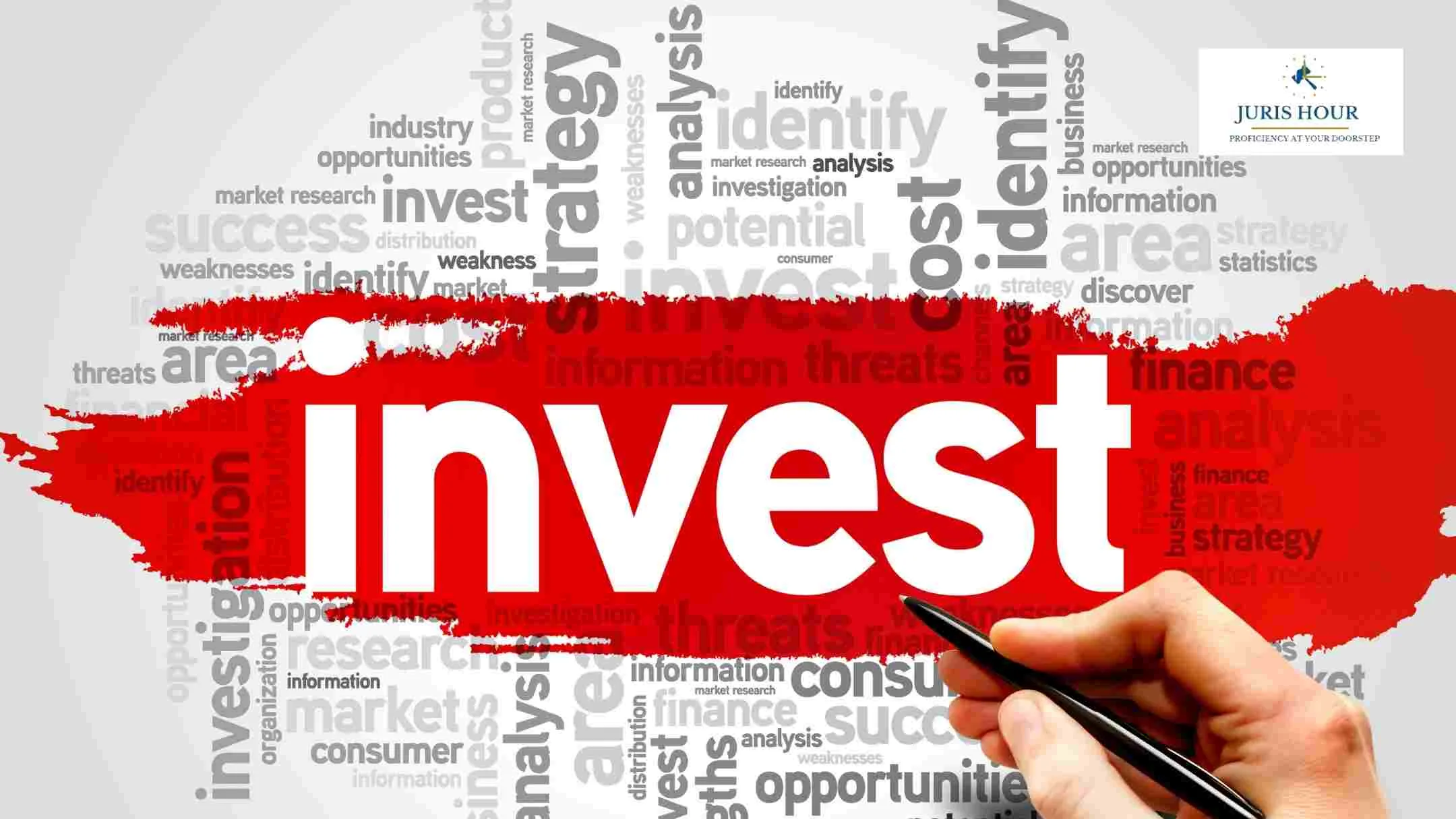The number of retail investors in the National Stock Exchange of India (NSE) has surged more than fourfold in the last three months, reflecting heightened anticipation around the bourse’s long-pending Initial Public Offering (IPO). According to NSE disclosures, retail shareholders rose from 33,896 as of March 31, 2025, to 146,208 by June 30, 2025, underscoring a strong wave of retail participation in the unlisted space.
The unlisted market has seen a sharp rally in NSE shares. Data from unlisted share platforms shows that the price, which was ₹620 three years ago, rose to ₹1,100 last year, and has now touched ₹2,202 as of August 8, 2025. While this surge reflects bullish investor sentiment, analysts caution that the unlisted market is not without its risks.
Buying unlisted shares involves several steps including identifying a credible dealer or platform, selecting the stock and quantity, signing a deal confirmation letter, submitting documents such as PAN, Aadhaar, and a client master list, funding the dealer’s account, and finally receiving the shares in one’s demat account within T+3 to T+5 days. However, investors must be mindful of hidden costs such as dealer mark-ups and platform fees, which may eat into returns.
Despite the growing appeal, unlisted equities are not suitable for all investors. These shares lack liquidity, making exit difficult before listing. Post-IPO, a mandatory six-month lock-in period applies, while the unlisted market price may be misleading due to limited supply and high premiums. Further, unlike listed securities, the unlisted market does not enjoy strong regulatory oversight. Experts advise investors to rely only on credible platforms and avoid dealers who delay share transfers or sellers who may back out if prices rise during the transaction period.
The NSE already boasts prominent shareholders, including well-known personalities and business leaders. Sachin Tendulkar holds 200,000 shares valued at ₹44 crore, Gauri Khan owns 240,000 shares worth ₹52 crore, Motilal Oswal has 800,000 shares worth ₹176 crore, Radhakishan Damani leads the list with 39.08 million shares valued at ₹8,587 crore, while Aamir Khan holds 40,000 shares worth ₹8.8 crore. These stakes reflect how celebrities and high-net-worth investors have tapped into the unlisted opportunity much earlier than retail participants.
Past experience, however, shows that unlisted shares can be a double-edged sword. Investors in HDB Financial, Swiggy, and Reliance Retail saw steep losses despite high unlisted valuations prior to listing. HDB Financial peaked at ₹1,500 in the unlisted market but is down 44% from its listing price of ₹835. Swiggy’s unlisted price of ₹580 dropped 33% after listing at ₹420, while Reliance Retail saw a 62% loss from its unlisted peak of ₹3,500 to its buyback price of ₹1,362.
Tax treatment is another important factor. Unlisted shares sold within two years attract short-term capital gains taxed at the investor’s slab rate, while those held beyond two years qualify for long-term capital gains at 12.5%. If sold after listing, gains are taxed at 20% if held for less than a year, and at 12.5% if held for more than a year.
In conclusion, while the surge in NSE’s unlisted shareholding reflects optimism ahead of its IPO, retail investors must tread carefully. The unlisted market promises potential upside but comes with liquidity issues, hidden costs, regulatory gaps, and the risk of sharp corrections. For investors, the key lies in balancing opportunity with caution.

